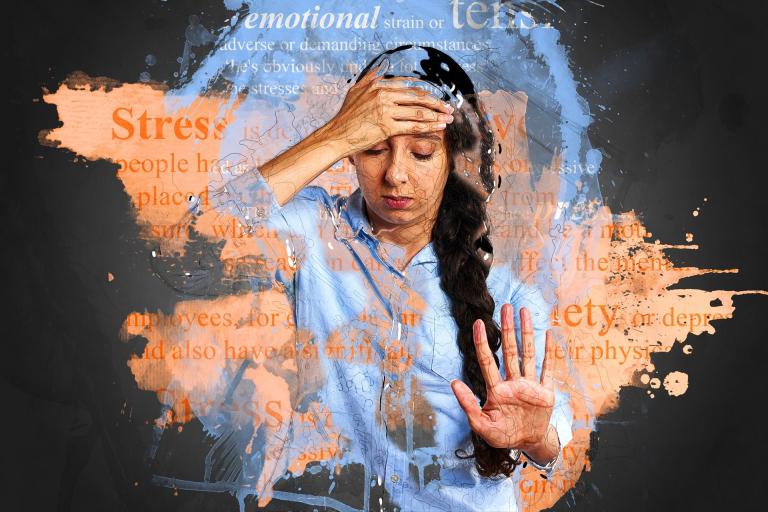 One of the few things I have liked about COVID is video conferencing for name recall. When I am in a meeting, I see the name of all the participants right on the screen. That makes it easier to call on people by name and be more personal. But what happens when the videos go away and we are back to in-person?
One of the few things I have liked about COVID is video conferencing for name recall. When I am in a meeting, I see the name of all the participants right on the screen. That makes it easier to call on people by name and be more personal. But what happens when the videos go away and we are back to in-person?
It’s a challenge. I meet 162 new medical students every year and try to remember their names. It’s not easy even when I interact with them several times a week. And people often feel hurt when someone doesn’t remember their name. Yes, it is a common experience to forget and we need to show a little grace, but we also would like to remember and make the person feel more valued.
For example, you are at a business meeting and introduced to a number of people. The socializing and meeting goes on and a colleague seems to remember everyone’s name. You want to, but have no clue given the number of people you met. But because he was so personable with those new people, he clearly has the edge. Why can’t you remember names? And no, it is isn’t early dementia involved here!
One of the problems in remembering names is that they are arbitrary. I mean, you can’t just look at the person and get hints to their name. Looking at their face, you can’t say, “Oh yeah, that’s a Robert!” But there might be other arbitrary characteristics that you do somehow remember. For example, I can meet someone and forget their name, but remember they are from Detroit Michigan. Or I might remember, that’s the woman who started her own company. Yet that information is arbitrary too. So why do I remember those fun facts and not the name?
Well, those fun facts tell you more about a person. Someone who starts her own company must be independent, assertive, in charge of her destiny, etc. Or, I am from Michigan so Detroit has meaning to me. This information gives more meaning to the person in front of you. It’s richer by its associations. And meaning is good for memory. Names don’t do that.
So what can you do to help remember a person’s name?
- You’ve probably heard this before, and it not that helpful. After you meet the person, silently say their name over and over. “That was Rick, Rick, Rick, remember Rick.” Guess what, you probably won’t remember Rick! Maybe for the moment, but later, there is no meaning associated with that face and name. Rick becomes, “Oh what was his name again?”
- One slight help is to make meaning with the name. Let’s say the person name is Cherry and she has red hair (I have red hair so I like this example!). Look at her, think about the hair and then make an association. (Side note: people used to say my hair was on fire when I was a kid!). Back to Cherry. Make a meaningful association. Her hair reminds you of red cherries. Then when you see her, you will picture red cherries on her head to remind you that her name is Cherry. Her hair was red, her name is associated with something red that has meaning to you. That will help you remember. Meaning helps memory. But wait, will that really work? I mean, can I stare at a person at a mixer. “Please stop talking while I look at your face and try to find an association!” Probably not. Things are happening too quickly.
- How about the strategy of using the person’s name repeatedly in the interaction? I’ve tried it. I feel a little weird. And when people do that with me, I notice and think, “You are trying to remember my name!” So rather then being weird, say the name in the conversation to yourself, not aloud. Maybe every 5 seconds think the name. Mentally rehearse it. Around 20 seconds into the conversation, think the name again. If you forget, just politely say, “Tell me you name again. I want to remember it.” Then continue the conversation and keep thinking of the name every 5- 10 seconds. It will boost your memory!
And if you forget someone’s name, it’s not the end of the world. But a focused effort on remember does make people feel good. We all like to hear our name. And remember, God remembers us by name. He calls us by name. No wonder it feels so special.


